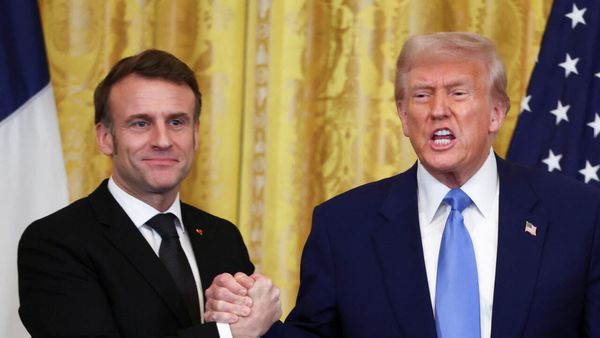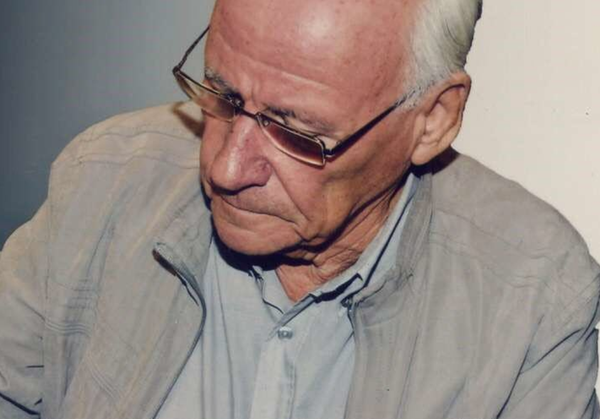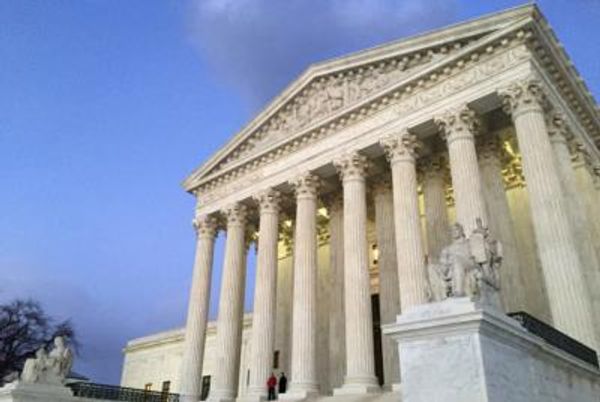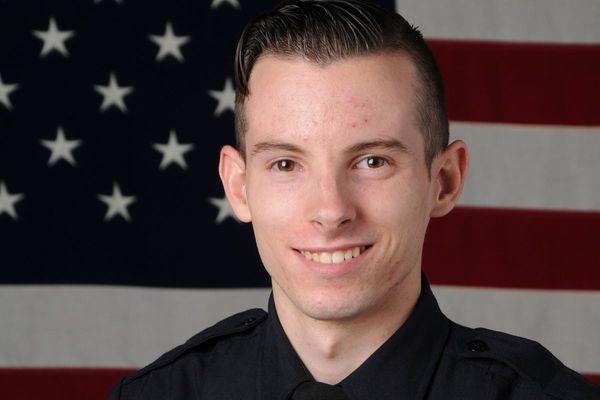
Suella Braverman – the home secretary in one of the UK’s most ethnically diverse cabinets in history – has declared that multiculturalism has failed. Speaking to an American think tank, Braverman spoke out against what she called a “misguided dogma” that has “allowed people to come to our society and live parallel lives in it”.
I am a historian of multiculturalism, and grew up in Balsall Heath, an area of Birmingham with a decades-long history of rich cultural diversity. My experience of multiculturalism is not as something that can fail or succeed, but as something that shaped my life and that of my peers in a meaningful way. Comments like Braverman’s – and indeed, other politicians before her – ignore the reality of what multiculturalism means to people.
In 2017, former Ukip leader Nigel Farage blamed the Westminster Bridge terrorist attacks on the idea that multiculturalism had led to “divided communities” and the presence of terrorist sympathisers.
Before Farage, the former prime minister David Cameron suggested in 2011 that multiculturalism allowed “segregated communities” to behave in ways that were at odds with British cultural norms.
In the early 2000s, Labour home secretary David Blunkett introduced a range of measures to address the notion that multiculturalism had contributed to a lack of “community cohesion” in Britain. These measures aimed to promote “British values” and prevent local schools from becoming “swamped” by immigrants.
The criticism of multiculturalism from recent governments contrasts with the approach taken in the 1970s and 80s. The 1976 Race Relations Act decreed that councils take proactive steps to bring about “good relations” between different racial groups. In the years following, local councils enacted policies of multiculturalism, particularly in education, to cater for the particular needs of ethnically diverse communities.
There was a drive to allow pupils to wear religious clothing and provide information to parents in their first languages. Halal meat was made available in schools with a significant number of Muslim pupils. Councils also began to distribute funding to religious organisations, in the hope that this would help bring about better community relations.
These policies were not universally welcomed. Some on the left viewed them as an part of a wider attempt to weaken the unity of black communities by setting ethnic groups against one another in a scramble for council funding. Others thought the language of multiculturalism was patronising and tokenistic, and did little to address the real issues faced by non-white groups.
On the right, multiculturalism has been decried as a form of political correctness. It was viewed as something that, in its celebration of diversity, had the potential to bring about an erosion of British cultural values.
How multiculturalism actually exists
What both sides of the debate miss is the extent to which multiculturalism is not only a policy or a political agenda, but a way of life. This is most apparent in Britain’s major cities, where immigrants from the Caribbean, South Asia and elsewhere settled in the 1950s and 60s.
By the 1960s in Balsall Heath, an inner city area of Birmingham in the Midlands, one in four residents were black or Asian, and 13% of the population were Irish. When I grew up in the same area in the 1990s, more than 75% of local residents were from ethnic minority backgrounds.
My peers and I were familiar and comfortable with our cultural differences. Friends explained the significance of Ramadan or the kara (the iron bangle often worn by Sikhs) in between lessons and unruly games of football. We even had a particular way of speaking. Our multicultural slang mixed Punjabi insults such as teri maa di… (your mother’s…) with snippets of Jamaican patois like slack, wicked, wagwan and laters.
Balsall Heath’s ethnic makeup yielded culturally significant musical exports. It is the home of UB40, a reggae band formed in 1978 by a group of young men of Scottish, Jamaican and Welsh-Yemeni descent, inspired by the house parties of their Caribbean neighbours.
A generation later, another local resident, Bally Sagoo, became a star of the British bhangra music scene. His distinctive fusions of traditional Punjabi music with hip-hop, reggae and funk earned him the first Hindi-language single to make the UK top 40 in 1996.
The picture today
Multiculturalism is one of the most significant social transformations across Britain as a whole over the last 100 years. In 1942, it was estimated that fewer than 5% of the population had experienced any direct contact with someone from an ethnic minority background. In 1958, almost 75% of people disapproved of mixed-race relationships. In 2012, that figure had dropped to just 15%.
By 2021, more than a third of the population of England were either migrants themselves or else had parents or grandparents born outside of the UK. Birmingham had become one of two cities in which a majority of residents were from ethnic minority populations. And Britain’s mixed-race population was approaching two million people. The kind of diversity that I experienced in the 1990s is now a central pillar of the fabric of modern Britain.
This is not to downplay the structural issues that continue to affect ethnic minority communities in Britain, alongside the stubborn, pernicious presence of racism. Rather, it points to the problem with the tired debates about the “failure” of multiculturalism.
Despite Braverman’s comments, having a home secretary of Mauritian-Kenyan heritage, serving under Rishi Sunak, Britain’s first ethnic minority prime minister, only illuminates the extent to which Britain has now become irreversibly multicultural.
Kieran Connell does not work for, consult, own shares in or receive funding from any company or organisation that would benefit from this article, and has disclosed no relevant affiliations beyond their academic appointment.
This article was originally published on The Conversation. Read the original article.







